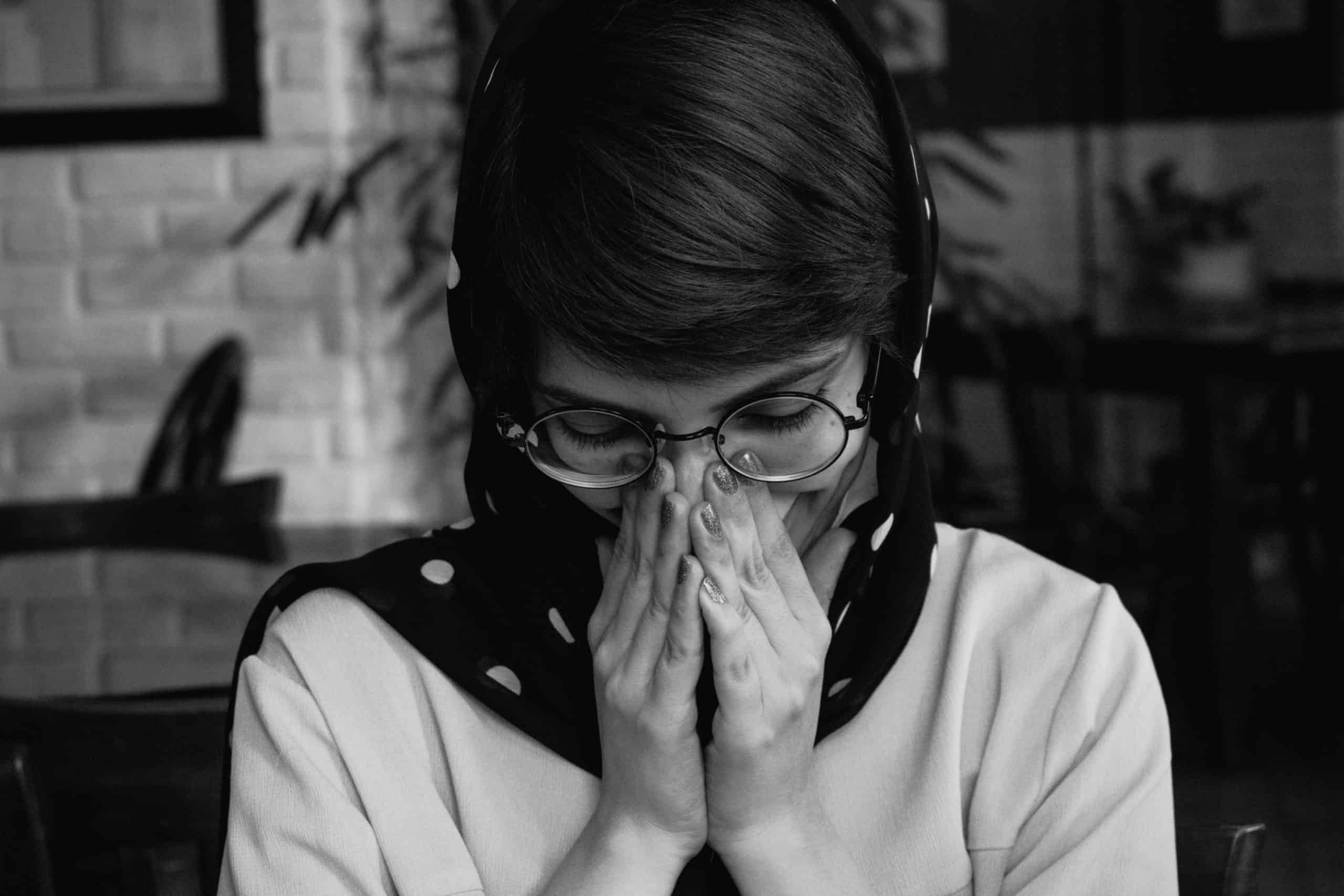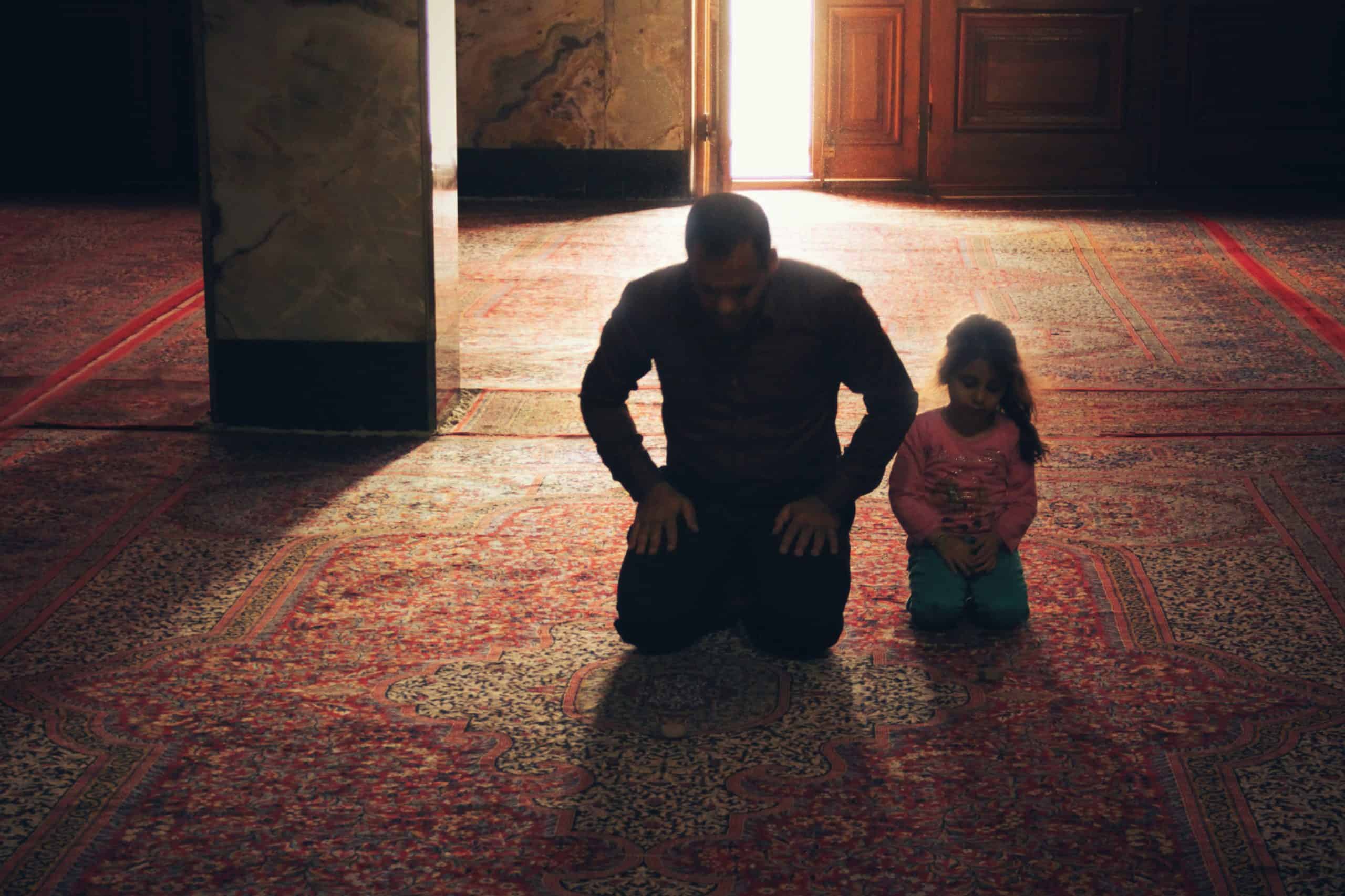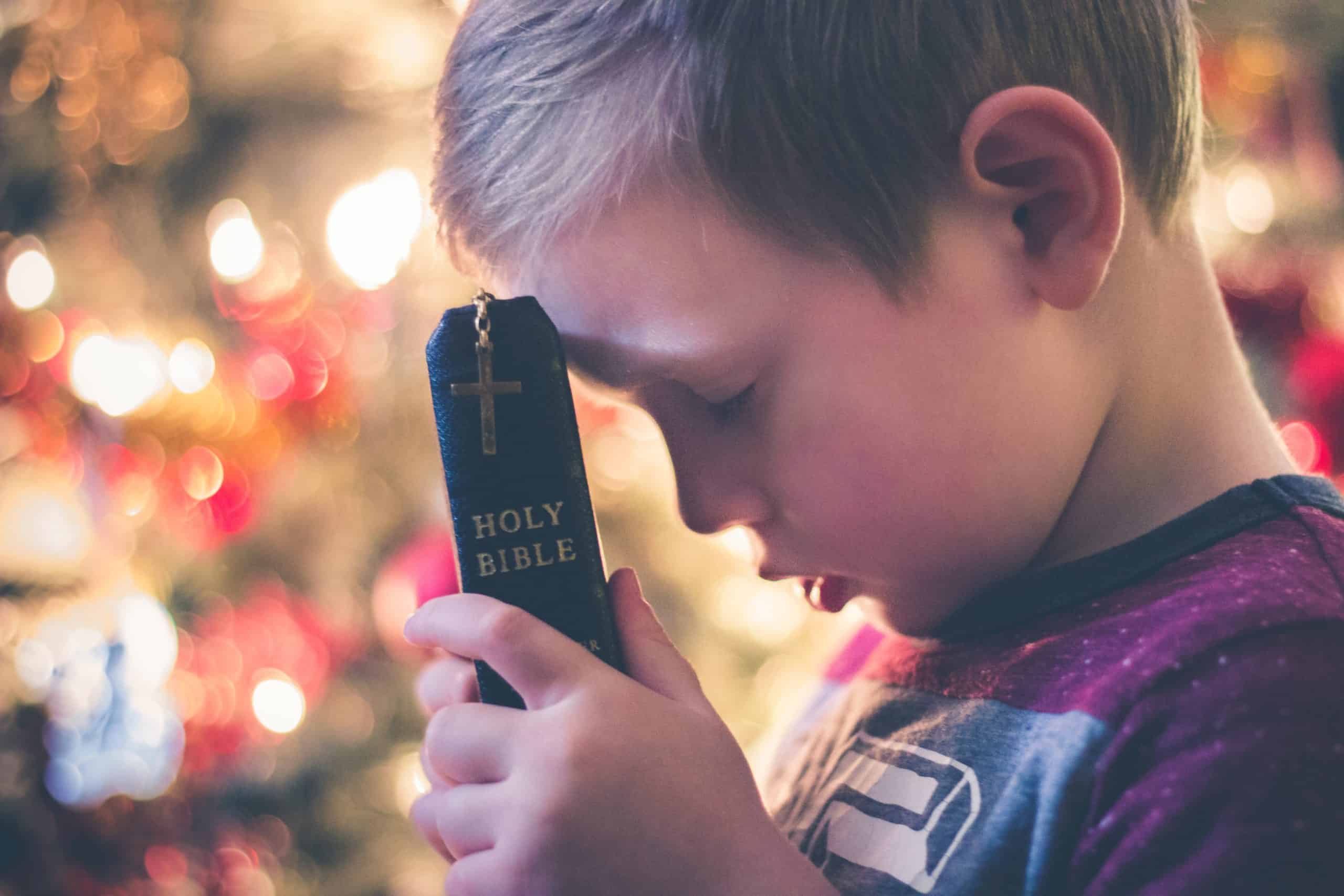Scrupulosity Disorder and OCD

Obsessive-Compulsive Disorder (OCD) is a well-known mental health condition characterized by intrusive thoughts and repetitive behaviors that can significantly disrupt an individual’s daily life.
However, within the realm of OCD, there exists a unique and distinct subtype known as Scrupulosity Disorder. Scrupulosity OCD symptoms presents itself as an intricate web of religious (OCD)or moral obsessions and compulsions, which can create a profound impact on a person’s spiritual beliefs, values, and overall well-being.
In this exploration of Scrupulosity Disorder and its connection with OCD, we aim to shed light on the complexities of this subtype, examining its defining features, common themes, and treatment approaches. By understanding the intricacies of Scrupulosity, individuals and their support networks can better navigate the challenges posed by this condition and foster a compassionate environment for healing and growth.
Join us as we delve into the world of Scrupulosity and OCD, discovering the unique aspects that shape these conditions and learning how a comprehensive approach to treatment can help individuals find balance and relief from the burdensome cycle of obsessions and compulsions.
Through knowledge, empathy, and professional support, we can pave the way towards greater awareness and acceptance, empowering those affected to reclaim their lives and move forward on their personal journeys to wellness.
What is Scrupulosity Disorder?
Scrupulosity Disorder OCD is characterized by persistent and intrusive thoughts, often referred to as obsessions, that center around religious or moral themes. These obsessions can lead to significant distress and anxiety, as individuals may fear they have committed sins or violated moral principles, even when no actual wrongdoing has occurred.
Some common obsessions in Scrupulosity Disorder include doubts about religious beliefs, fear of punishment from a higher power, concerns about blasphemous thoughts, or an overwhelming need to be excessively pure or morally perfect.
To cope with their distress, individuals with Scrupulosity Disorder may engage in repetitive behaviors or mental rituals, which are known as compulsions. These compulsions can provide temporary relief from the anxiety triggered by their obsessions, but the relief is short-lived, and the cycle continues.
Common compulsions may include constant praying, seeking reassurance from religious figures, reading religious texts repeatedly, confessing perceived sins, or engaging in rituals to cleanse themselves from perceived moral impurities.
It’s essential to understand that Scrupulosity Disorder is a specific subtype of OCD and not a reflection of one’s true religious or moral beliefs. The condition can significantly impact daily life, interfere with social and occupational functioning, and cause distress in relationships.
As with any mental health concern, seeking help from a qualified mental health professional is crucial for accurate diagnosis and developing an effective treatment plan.
Cognitive-behavior therapy (CBT) and response prevention therapy can be helpful in managing the symptoms of Scrupulosity Disorder. A mental health expert can provide appropriate support and guidance tailored to the individual’s specific needs.
Scrupulosity and OCD

Scrupulosity is a subtype of Obsessive-Compulsive Disorder (OCD). It is a specific form of religious OCD that revolves around religious practices. While traditional OCD can involve a wide range of obsessions and compulsions, Scrupulosity is unique in that the obsessions and compulsions are focused on religious or moral concerns.
In traditional Obsessive Compulsive Disorder, individuals experience intrusive and distressing thoughts, images, or urges (obsessions) that cause anxiety. To alleviate this anxiety, they engage in repetitive behaviors or mental rituals (compulsions). These compulsions are meant to neutralize or prevent the feared outcome associated with the obsessions.
In the case of Scrupulosity, the obsessions are centered around moral themes, such as fear of committing sins, concerns about morality (moral scrupulosity), or doubts about religious motives. The compulsions are then religiously or morally oriented, like excessive praying, seeking reassurance from religious figures, or engaging in rituals to cleanse oneself from perceived moral impurities.
Common Characteristics Regarding Scrupulosity and OCD
Unique Characteristics
Scrupulosity is considered a unique subtype of OCD due to the specific focus on religious or moral content. Individuals with Scrupulosity may be deeply committed to their faith and may experience significant distress when they feel their thoughts or behaviors deviate from their moral or religious doctrine.
High Levels of Guilt and Shame
People with Scrupulosity (religious OCD) often experience intense guilt and shame related to their perceived moral failings (moral scrupulosity) or religious transgressions. This emotional burden can be overwhelming and may lead to a cycle of obsessions and behavioral compulsions to alleviate the distress.
Impact on Daily Life
Scrupulosity can have a significant impact on a person’s daily life, as the obsessions and compulsions can be time-consuming and interfere with work, school, relationships, and leisure activities. The anxiety and preoccupation with religious or moral concerns can become all-consuming, making it challenging to focus on other aspects of life.
Religious and Cultural Factors
The manifestation of religious Scrupulosity may be influenced by a person’s specific religious or cultural background. Cultural beliefs and teachings related to morality and spirituality can shape the content of OCD symptoms in individuals with this subtype of OCD.
Risk of Misdiagnosis
Religious scrupulosity can be challenging to diagnose correctly, as the religious and moral themes may obscure the underlying OCD. Sometimes, individuals may be perceived as having strong religious convictions, rather than recognizing the obsessive and compulsive nature of their behaviors.
Treatment Challenges
Treating Scrupulosity can be complex due to the deeply ingrained nature of religious or moral beliefs. Mental health professionals need to approach treatment with sensitivity and respect for the individual’s faith and values while addressing the distressing symptoms effectively.
Support from Religious Leaders
In some cases, involving religious leaders in the treatment process can be helpful. Religious leaders who are well-informed about mental health issues can provide guidance, understanding, and support, promoting a comprehensive approach to treatment.
Remember, if you or someone you know is struggling with Scrupulosity or any form of OCD, seeking professional help from a mental health expert remains crucial. Early intervention and appropriate treatment can significantly improve the quality of life for individuals living with Scrupulosity.
Related Articles – Is OCD a Type of Autism?
Types of Scrupulosity

Let’s delve deeper into each type of Scrupulosity with more information, details, and examples:
Sin Obsessions
Individuals with sin obsessions may fear that they have committed sins, even when there is no evidence to support their concerns.
They might constantly analyze their thoughts and actions, searching for any signs of moral wrongdoing.
Examples: Feeling guilty and seeking forgiveness for minor actions like unintentionally stepping on an insect or having intrusive thoughts that go against their religious teachings.
Blasphemous Obsessions
People experiencing blasphemous obsessions have intrusive and distressing thoughts that involve disrespecting religious figures, rituals, or beliefs.
They may feel horrified by their thoughts and attempt to suppress them.
Examples: Having thoughts of cursing or speaking irreverently about their deity or religious texts.
Moral Perfectionism
This type of Scrupulosity revolves around an obsessive need to be morally flawless, leading to harsh self-judgment and fear of making any moral mistakes.
Individuals may believe that even minor imperfections make them inherently bad or unworthy.
Examples: Being overly critical of oneself for a minor lie or constantly berating themselves for unintentionally hurting someone’s feelings.
Religious Ritual Obsessions
Individuals with religious ritual obsessions might obsess over the correct performance of religious rituals, prayers, or ceremonies.
They fear that deviating from prescribed norms will lead to negative outcomes.
Examples: Repeating prayers multiple times to ensure their correctness or feeling distressed if they accidentally skip a step in a religious ceremony.
Fear of Eternal Damnation
This type of Scrupulosity involves excessive worry and preoccupation with the possibility of eternal punishment or damnation due to perceived moral failures.
Individuals may struggle with persistent fears of going to hell.
Examples: Constantly seeking reassurance that they will be saved or engaging in rituals to avoid eternal damnation.
Reassurance-Seeking Compulsions
Individuals may frequently seek reassurance from religious authorities, family members, or friends to alleviate their anxiety about religious or moral concerns.
They may repeatedly ask questions or seek validation about their beliefs or actions.
Examples: Seeking repeated reassurance that they are not destined for hell or that their actions were not sinful.
Confession and Penance
People experiencing this type may repeatedly confess perceived sins or moral failings, even if they have already done so.
They might impose self-punishment or engage in penance rituals to alleviate guilt.
Examples: Feeling compelled to confess past sins multiple times, even after being absolved, or imposing excessive self-punishment for minor mistakes.
Avoidance
Individuals with avoidance-based Scrupulosity may avoid certain religious settings, objects, or practices that trigger anxiety or distress.
They may skip religious gatherings or rituals to prevent facing their fears.
Examples: Avoiding attending religious services out of fear of feeling guilty or skipping religious ceremonies that provoke distressing thoughts.
It’s important to remember that Scrupulosity is a mental health condition and not a reflection of a person’s true moral values. Seeking professional help, such as cognitive-behavioral therapy, can assist individuals in managing these distressing symptoms effectively. A mental health expert can tailor the treatment approach to the specific needs of the individual and help them find a healthier balance between their faith, moral values, and managing the symptoms of Scrupulosity.
Related Articles – What Are OCD Triggers And How To Deal With Them
Catholic Scrupulosity

Catholic Scrupulosity is a specific form of Scrupulosity that occurs within the context of the Catholic faith. It involves religious and moral obsessions and compulsions that are uniquely related to Catholic teachings, beliefs, rituals, and practices.
Individuals experiencing Catholic Scrupulosity may have intense fears and anxieties related to committing sins, breaking religious rules, or being morally imperfect according to Catholic doctrine. They might excessively focus on their thoughts, actions, and intentions, searching for any perceived transgressions.
Some common themes and examples of Catholic Scrupulosity include:
Mortal and Venial Sins
Excessive preoccupation with the distinction between mortal sins (grave offenses) and venial sins (less serious offenses). Individuals might fear committing mortal sins and constantly seek reassurance about their spiritual state.
Sacraments
Obsessing over the correctness of receiving sacraments, such as the Eucharist or Confession, and feeling anxious about any perceived mistakes during these rituals.
Spiritual Direction
Experiencing constant doubts about the advice or guidance received from spiritual directors, confessors, or religious authorities.
Prayer and Devotion
Engaging in compulsive praying, feeling the need to repeat prayers a specific number of times, or being excessively concerned about distractions during prayer.
Fear of Blasphemy
Feeling extreme anxiety about unintentional blasphemous thoughts or doubts about religious teachings.
Religious Scruples
Experiencing guilt and anxiety about not living up to the ideals of Catholic saints or historical figures, leading to feelings of inadequacy.
Religious Reading
Repeatedly reading religious texts or seeking guidance from religious writings to alleviate doubts and fears.
Catholic Scrupulosity can be especially challenging due to the specific moral and spiritual teachings of the Catholic faith. It is essential for individuals experiencing these symptoms to seek help from mental health professionals who understand both Scrupulosity and the Catholic faith.
A knowledgeable and supportive approach can help individuals find a balance between their religious beliefs and managing the distressing symptoms associated with Catholic Scrupulosity.
In addition to professional support, involving understanding and compassionate religious figures can be beneficial in addressing these concerns within the context of the Catholic faith community. The goal is to provide a holistic approach to treatment that respects the person’s faith while offering effective strategies to manage the impact of Scrupulosity on their daily life.
Related Articles – Can OCD Cause Brain Damage?
Scrupulosity OCD Treatment

The treatment for Scrupulosity OCD typically involves a combination of therapeutic approaches that address both the obsessive thoughts and the resulting compulsive behaviors.
Here are some common treatment strategies for Scrupulosity OCD:
Cognitive-Behavioral Therapy (CBT)
CBT is one of the most effective therapies for OCD, including Scrupulosity. It involves working with a trained therapist to identify and challenge irrational thoughts and beliefs related to religious or moral concerns.
The therapist helps individuals learn healthier ways of thinking and develop coping strategies to manage their anxiety without resorting to compulsions.
Exposure and Response Prevention (ERP)
ERP is a specialized form of CBT commonly used in treating OCD. In the context of Scrupulosity, it involves gradually exposing the individual to situations that trigger their religious and moral obsessions, without allowing them to engage in their usual compulsive behaviors.
Over time, this helps to reduce the anxiety associated with the obsessions and weaken the compulsive response.
Mindfulness-Based Therapies
Techniques such as mindfulness meditation can help individuals with Scrupulosity OCD observe their thoughts and feelings without judgment, reducing the emotional intensity attached to these thoughts. Mindfulness practices can also promote a greater acceptance of uncertainty, which is a central aspect of OCD treatment.
Medication
In some cases, medication may be prescribed to help manage the symptoms of Scrupulosity OCD. Selective serotonin reuptake inhibitors (SSRIs) are commonly used to reduce the severity of obsessions and compulsions. Medication is often used in conjunction with therapy for better outcomes.
Family Involvement
Including family members in therapy can be beneficial, as they can provide support and better understand how to assist their loved one in managing Scrupulosity symptoms. Family members can also learn how to avoid enabling compulsions inadvertently.
Religious Counseling
In cases of Scrupulosity, it can be helpful to involve a religious leader who is knowledgeable about mental health issues. Religious counseling can provide spiritual guidance while supporting the individual’s mental health treatment.
Support Groups
Joining a support group specifically for individuals with OCD or Scrupulosity can offer a sense of community, understanding, and shared experiences, which can be empowering in the recovery process.
Remember, each individual’s experience of Scrupulosity OCD is unique, and the treatment approach should be tailored to their specific needs and beliefs.
Seeking help from a qualified mental health professional experienced in treating OCD is essential for an accurate diagnosis and the development of a comprehensive treatment plan.
With appropriate support and treatment, individuals with Scrupulosity OCD can learn to manage their symptoms and improve their quality of life.
Final thoughts on Scrupulosity Disorder and OCD
In conclusion, Scrupulosity Disorder and OCD represent intricate manifestations within the spectrum of obsessive-compulsive disorders. Scrupulosity’s unique focus on religious or moral concerns highlights the profound impact that spiritual beliefs can have on an individual’s mental health.
Understanding the nuances of Scrupulosity and its relationship with OCD is crucial for providing effective support and compassionate treatment to those grappling with these conditions.
While Scrupulosity can be challenging to address due to its close connection to deeply held beliefs, the integration of evidence-based therapies such as Cognitive-Behavioral Therapy (CBT) and Exposure and Response Prevention (ERP) has shown promising outcomes.
By challenging irrational thoughts and gradually exposing individuals to their distressing triggers without resorting to mental compulsions, treatment approaches can empower individuals to gain greater control over their lives and manage their anxieties more effectively.
Moreover, support from family, religious figures, and mental health professionals plays a vital role in fostering an environment of understanding and healing. Recognizing that Scrupulosity is a mental health condition and not a reflection of one’s true religious devotion can help create a space for open dialogue and acceptance.
As we continue to expand our knowledge and compassion surrounding Scrupulosity Disorder and OCD, we pave the way for improved mental health services and awareness. By embracing a comprehensive approach to treatment and promoting destigmatization, we can empower individuals to seek help without hesitation, offering them the chance to reclaim their lives and rediscover a sense of peace and balance.
Let us work together to create a world that recognizes the complexity of Scrupulosity and OCD, and offers a compassionate embrace to those who face these challenges. By embracing education, empathy, and openness, we can bridge the gap between the mind and the spirit, guiding individuals towards a path of healing and hope on their journey towards mental wellness.



